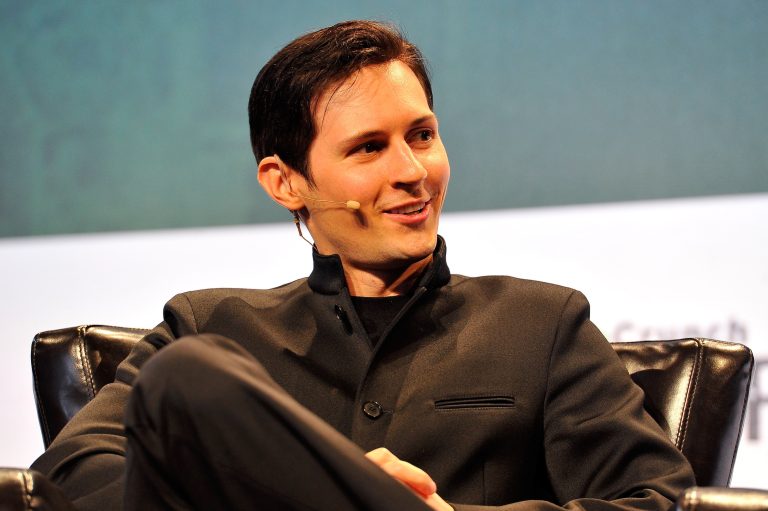A German-based research group, AlgorithmWatch, was forced to stop its study of Instagram’s algorithm after receiving legal threats from the social network’s parent company, Facebook. The organization was investigating how the Instagram algorithm prioritizes content. It used data collected from Instagram users’ data feeds via a browser extension.
AlgorithmWatch began the project on March 3, 2020. Volunteers were invited to install a browser add-on that scraped newsfeeds from their Instagram accounts. The collected data was then sent over to the research team to study how Instagram prioritized pictures and videos in user timelines. Almost 1,500 people installed the add-on.
The research revealed that Instagram prioritizes images of men and women who were scantily dressed. Also, politicians reached a larger audience if they abstained from using textual content in posts. Facebook denied both claims. When the team asked Facebook for its opinion on the study results, the company dismissed it.
On May 28, 2020, Facebook said that the findings were “flawed in a number of ways.” On March 2, 2021, the company claimed to have discovered several issues with the methodology used in the study. However, Facebook did not detail what these issues were.
Two months later in May, Facebook called the research team for a meeting. The tech giant accused the study of breaching its Terms of Service that prohibits the automated collection of data. If the team failed to “resolve” the issue, Facebook said that it would move to a “more formal engagement.” AlgorithmWatch says it was “a thinly veiled threat.”
Success
You are now signed up for our newsletter
Success
Check your email to complete sign up
“We only collected data related to content that Facebook displayed to the volunteers who installed the add-on. In other words, users of the plug-in were only accessing their own feed, and sharing it with us for research purposes,” the research project said. Facebook also accused AlgorithmWatch of violating GDPR, EU’s data protection regulation. Facebook alleged that the research group had collected data from users who never agreed to it. But AlgorithmWatch said that such data was immediately deleted when it arrived on their servers.
“Facebook’s reaction shows that any organization that attempts to shed light on one of their algorithms is under constant threat of being sued. Given that Facebook’s Terms of Service can be updated at their discretion (with 30 days’ notice), the company could forbid any ongoing analysis that aims at increasing transparency, simply by changing its Terms,” AlgorithmWatch said.
On July 13, the organization decided to terminate the project and delete all collected data. The group stated that it cannot risk going to court against a trillion-dollar company.
According to AlgorithmWatch, they decided to publicly detail their conflict with Facebook after the company blocked the accounts of two academic researchers in early August. They were working at the New York University’s (NYU) Ad observatory.
Facebook accused their browser add-on, which collects data on Facebook ads, of compromising user privacy. The company also cited an order by the U.S. Federal Trade Commission (FTC) to support its stance.
However, the FTC later rejected Facebook’s position and stated that it supports NYU’s project. Samuel Levine, FTC Acting Director of the Bureau of Consumer Protection, wrote a letter to Facebook CEO Mark Zuckerberg. Levine accused Facebook of using data privacy to push forward its agenda.
“Indeed, the FTC supports efforts to shed light on opaque business practices, especially around surveillance-based advertising. While it is not our role to resolve individual disputes between Facebook and third parties, we hope that the company is not invoking privacy – much less the FTC consent order – as a pretext to advance other aims,” the letter said.
Combating big tech censorship
Facebook’s pressure on AlgorithmWatch is one of many examples of how the company censors individual users and entities. It has banned people like former President Donald Trump along with several conservatives, prominent and otherwise, from its platform. Apps that allowed users to access Facebook according to their preferences have been forcibly removed from Google Play Store.
John Hinderaker, president of Minnesota’s Center for the American Experiment, said the best way to act against social media censorship is by enacting legislation that gives users the right to sue platforms for discrimination.
“These tech companies cannot afford to keep getting sued, particularly if some of the major states like Texas and Florida pass the right kind of legislation… I really think it’s the one thing that could cause the tech companies to just give it up,” Hinderaker told The Epoch Times.
Texas Attorney General Ken Paxton and Supreme Court Justice Clarence Thomas have suggested that big tech social media firms like Facebook need to be regulated like utilities. Since these firms are essentially large monopolies that control the industry, regulating them like a utility company can put limitations on their censorship activities. Some people have also called for breaking up the tech companies.
In an interview with The Epoch Times’ “Crossroads” program, Paxton said that big social media companies “control the entire platform” and are consequently at liberty to decide who can be banned.
“Normally, I’d say … a private company can do what they want, and consumers have choices… [But in terms of social media], consumers don’t have a choice, they have no choice… And so we have to regulate that and make sure that free speech is not being controlled by a few very wealthy tech people,” Paxton said.







